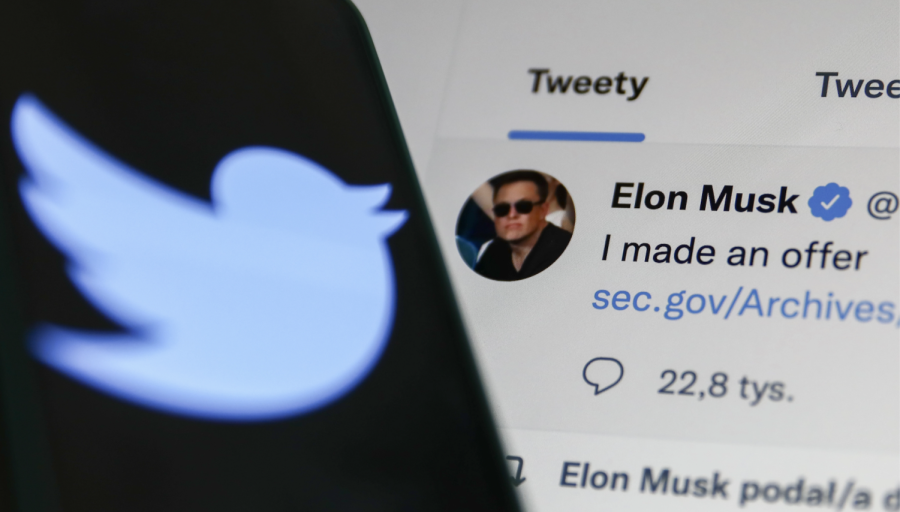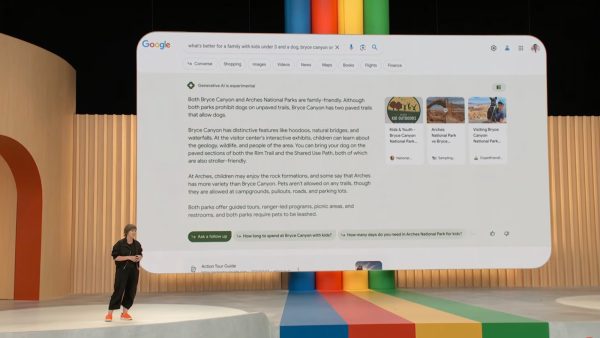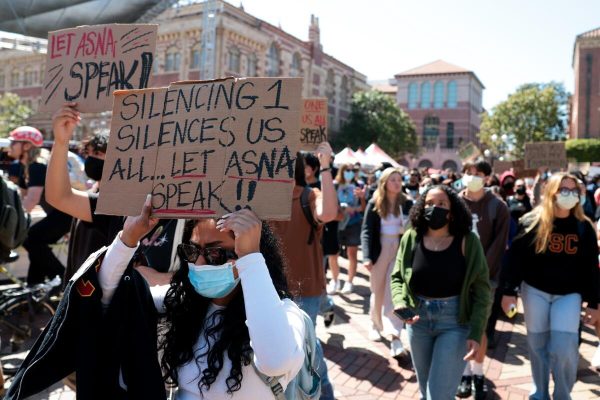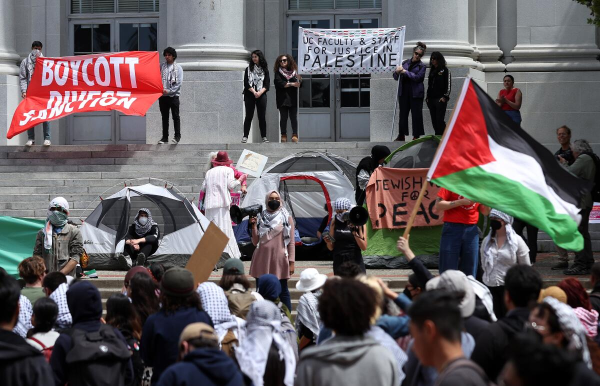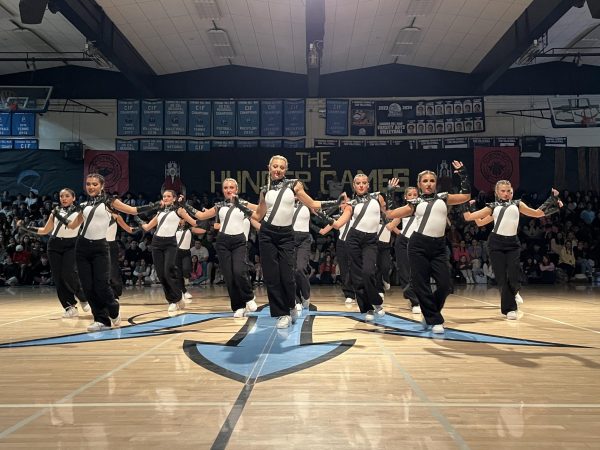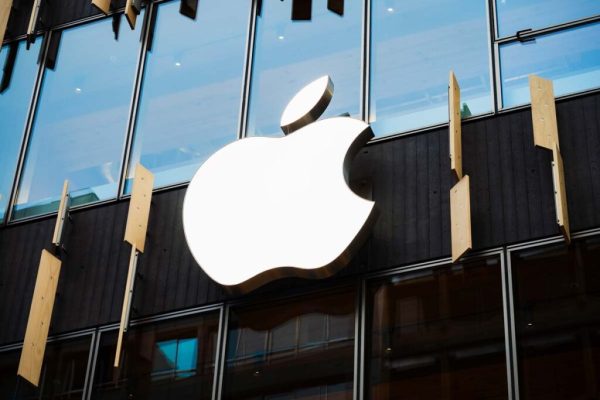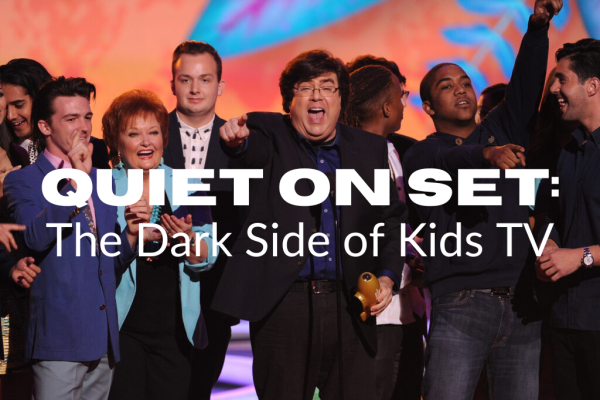Musk’s Twitter Takeover: HOW IT HAPPENED AND WHAT’S NEXT
After Twitter’s board came to a unanimous agreement on Wednesday, they sold the company to their largest shareholder, Elon Musk, for 44 million dollars; the equivalent of $54.20 per share. People wonder how this transaction came to be; especially when many before him, including Facebook, Yahoo, and Google, have failed. Musk wasn’t the first to try and buy out Twitter, yet he is the first to present the right offer at the right time.
To gain ownership of the platform, Musk had to purchase all the companies stocks for “a set price… if the stock is under that price,” which it was, “[shareholders] are going to make money when it goes private” said CdM junior and stockholder Ara Babigian. Before the buyout, the company’s stock was valued at $48.93 on Tuesday, April 22. Considering Twitter’s shareholders were offered a 38% premium on their shares, Clay Kennedy, CdM Social Science teacher said “the price that’s out there was too good to pass up. Especially since Twitter hasn’t been as lucrative or profitable as it could be… right now it looks like a good deal for those stockholders.”
A week before Musk’s offer, Twitter’s shares were worth $48 to $46. Two weeks prior, their price ranged from $47 to $44 per share, showing that the company’s real value lies within its social network. Kennedy says “the majority of people are not only Twitter surprisingly.” Compared to Facebook’s 2,895 million and Instagram’s 1,393 million users per month, Twitter only attracts 436 million users monthly. Kennedy said, “a lot of people hear about Twitter from the news because somebody [influential] tweets something and then [media] broadcasts it or brings it to our attention.”
Because “Twitter has fallen back a little bit,” Kennedy said, “it hasn’t made as much money for its stockholders the last few years.” However, Musk plans to boost the company’s revenue under his ownership. Have shareholders lost the opportunity to invest in what could become one of the world’s most influential media outlets? Maybe so. Twitter will soon begin its transition into being privately owned, giving Musk more freedom to develop the company further and alter it without restriction.
Musk has made it clear that he plans to make Twitter a “digital town square where matters vital to the future of humanity are debated” by limiting user restrictions, according to npr.org. Twitter currently has restrictions in place to prevent harassment, abuse, and the spread of misinformation; how Musk will limit restrictions is unknown. Npr.org also reported Musk said “free speech is the bedrock of a functioning democracy,” but in an age where social media defines truth and opinions become fact, Twitter has the potential to not be a source of verity. “5 to 6 companies own most media platforms; from television to radio to newspapers, so [people have] already been guided in what [they] hear and what [they] don’t hear from powerful people. So, will Elon continue to do that? He says he’s not. Could he? Absolutely” said Kennedy. Musk has also been messing around with the idea of removing Twitter’s ads, surprising considering over 85% of the company’s revenue is drummed up from advertisements. There are no developments as to how Twitter will change, yet, many like Babigian “think [people are] going to get some good things and some bad things coming out of it.” As for people who don’t share Musk’s “beliefs, [they] are going to either leave the platform or vocalize that they don’t like it and the people who do, are going to vocalize that too” said Babigian. Others like Kennedy are simply “curious to see what this will look like.”


